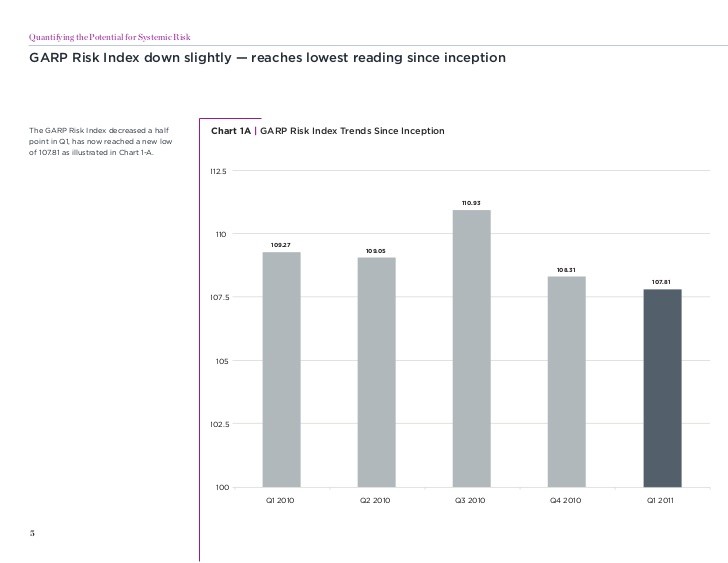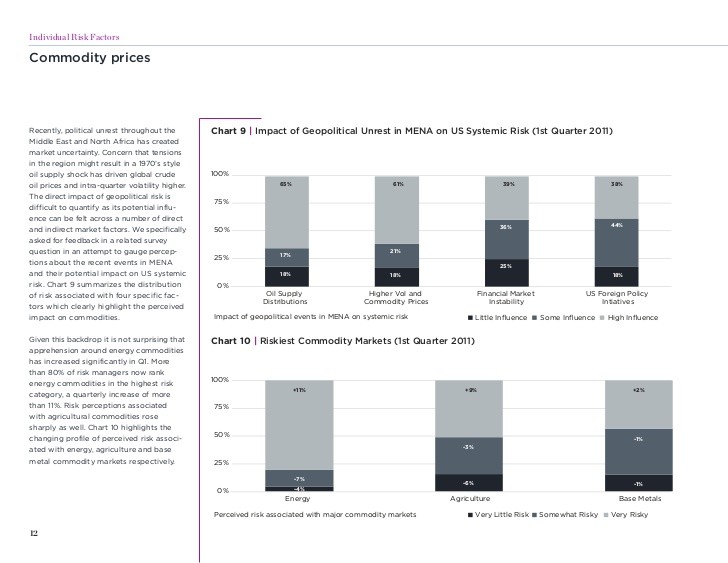GARP The Risks of Doing Business in China
Post on: 29 Март, 2015 No Comment

The Risks of Doing Business in China
Despite recent measures to curb corruption, foreign investors doing business in China must remain vigilant.
Please, enter correct email address.
China’s ruling party has stepped up efforts to
tackle corruption.
While critics say that the recent measures target only the most conspicuous displays of wealth by government officials, the anti-corruption drive has already netted dozens of officials. Moreover, some perceive that the recent election of Wang Qishan as the new head of China’s anti-graft body, the Central Commission for Discipline Inspection (CCDI), signals that the financial sector could be a focus in China’s anti-corruption efforts. (Mr. Wang possesses a strong background in finance and economics.)
Whether recent measures will prove to be successful in curbing government corruption remains to be seen, as we are all aware that it has been a systemic issue for a long time. For example, the China Securities Regulatory Commission (CSRC), the equivalent of the U.S. Securities and Exchange Commission (SEC), is still perceived as corrupt, despite the arrest and sentencing of a number of CSRC officials in recent years. There have been numerous allegations, for instance, that companies needed to bribe CSRS officials in order to get listed on the Shanghai or Shenzhen stock exchanges.
Regardless of the success or failure of these anti-corruption reforms, if you are doing business in China, you must remain vigilant in minimizing corruption risks. This is especially true for foreign investors: companies that operate in China and have business ties with the United States or the United Kingdom may be subject to the requirements of two of the most significant laws currently existing in the anti-corruption arena: the U.S. Foreign Corrupt Practices Act (FCPA) and/or the U.K. Bribery Act.
Risky Business Practices
In China, any of the following common business practices could put you at risk:
Guanxi and Giving Face. If you have done business in China, you will probably have heard of guanxi — or relationship building — as the key to getting things done. Guanxi is also built on the exchange of favors. For example, Chinese government officials often expect to receive a contribution for using their powers to provide convenience — such as supplying utilities, granting licenses or approving bank loans.
Giving face is another important concept when conducting business in China. It essentially means paying proper respect. While it is often well intentioned, giving face can manifest itself in the form of lavish dinners and acquiescing to customer requests, without adequate consideration to legal and moral boundaries.
It is easy to see how a combination of guanxi and giving face could create a situation where it is considered disrespectful if gifts are notprovided, with this in turn affecting your company’s guanxi with government officials.
As a foreign investor in China, it is critical for you to have an appreciation of deep-seated and long-standing business practices, as well as how those practices may drive the apparent lavish spending on meals, entertainment and gifts.
Fapiaos for Sale? Tax evasion in China is pandemic. Recent estimates put the amount as high as one trillion Yuan (USD 157 billion) per year, and one common tax-evading practice is the use of falsified receipts.
The government endorses the use of a fapiao,which is an official receipt that can serve as final proof-of-purchase of goods and services. However, in an effort to reduce taxes paid, some individuals purchase fapiaos from different vendors at a fraction of their face value, obscuring their true cost of purchasing goods and services.
In some instances, an individual can obtain false fapiaos for the cost of about one percent of the total receipt amount, which means that the business may pay one Yuan for every 100 Yuan that it intends to show on the books.
Given the current zeal for combating tax evasion, coupled with the Chinese tax authorities’ focus on foreign companies and joint ventures, tax evasion practices among Chinese companies might expose foreign investors to significant fines and government scrutiny.
Weak Internal Controls. Traditionally, Chinese people treat their superiors with enormous respect and are very reluctant to speak up and challenge them. Combined with the commonplace lack of separation of management’s personal wealth from a company’s assets, this behaviour can create an environment for management to do as they please. Anything from the creation of multiple sets of books and related party transactions to undetected (or unquestioned) illegal payments that are off the books could happen.

It is important to keep in mind that there are numerous ways that a company can breach FCPA requirements to keep accurate books and records and to maintain an effective system of internal controls. However, while corruption risk is real and serious for any company doing business and investing in China, taking preventative steps — e.g. keeping abreast of the potential issues and scams, conducting meaningful risk assessments and improving internal controls — can help mitigate this risk.
Use of Third-Party Agents. The use of third-party agents can pose the single most serious risk for organizations operating in China. Managers, directors and company boards cannot simply concern themselves with the actions of their own employees while ignoring the actions of retained third parties. In fact, an overwhelming majority of recent FCPA charges related to China stem from the use of third parties who have funneled cash to government officials.
One of the essential ways to manage the third-party risk is to understand the parties with whom you are actually doing business. Conducting adequate due diligence on third parties in China can be challenging but is critical: for example, understanding the ownership of a third-party supplier.
Monitoring ongoing activities is also an important task that is sometimes neglected if positive results are being achieved. Another good practice is to establish solid policies with regard to the retention and compensation of third parties. This should include relevant anti-bribery and corruption contract provisions and communication of company policies to third parties.
You may be faced with a situation where there are no written contracts with third-party agents or where the contractual description of services may be too vague from a legal standpoint, such as a technical services contract. In addition, you may face situations where third-party agents have used multiple business names or attempted to reclassify themselves as distributors in order to avoid certain due diligence efforts by the company.
Reducing Risk Exposure via Effective Risk Assessments
Carrying out anti-bribery and corruption risk assessments properly can be a cost-effective means of identifying potentially problematic transactions, as well as deficiencies in internal controls. An effective risk assessment allows the company to direct limited resources to improve internal controls and mitigate the higher-level risk areas.
A company that has stronger internal controls will be in better position to address litigation risk with regulatory authorities in the unfortunate instance that bribery issues do develop. To illustrate this, the U.S. Department of Justice (DOJ) recently declined to prosecute Morgan Stanley on FCPA charges because it ruled that the company maintained a system of internal controls which provided reasonable assurances that its employees were not bribing government officials.
Although fraud and bribery in China will continue to be a complicated and challenging issue, companies canstill be in a good position to mitigate corruption risks and prosper in the Chinese economy if they employ robust anti-corruption programs — including third-party due diligence and management, effective risk assessments and enhanced internal controls.
Jim Barratt (CPA, CFF, CCEP) and Jimmy Ko (CPA, CFE, CMA) are members of Forensic Risk Alliance, an expert provider of forensic accounting services and data protection advice.














